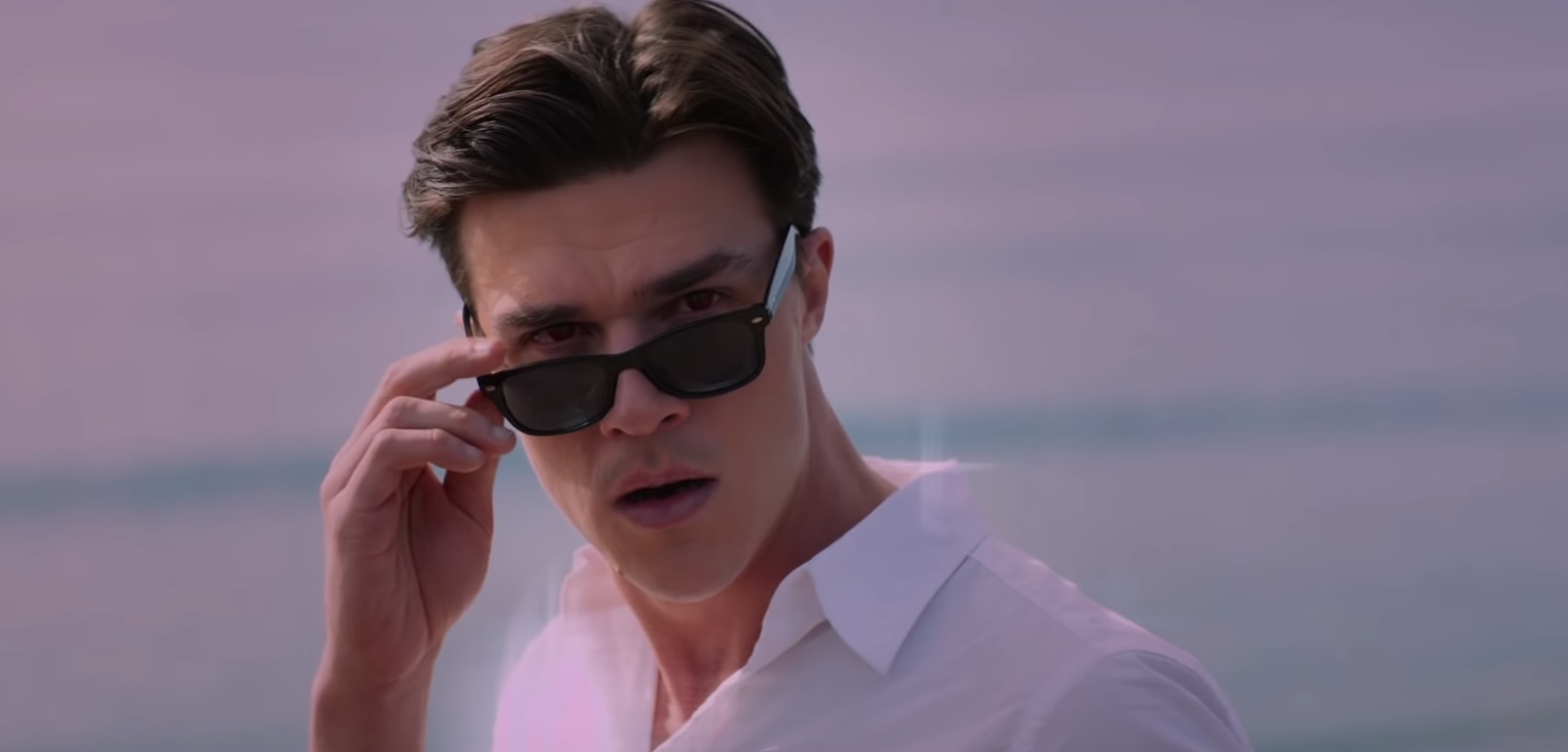William Shakespeare’s classic comedic love story A Midsummer Night’s Dream is centered around magic — curses and fairies and sprites and potions carry the entire plot.
In Casey Wilder Mott’s 2018 film adaption, the storyline and sense of enchantment is obscured by overindulgent technological influence.
Based in modern-day Los Angeles (referred to as Athens, I assume to stick to the original script) the film’s use of today’s technology sometimes enhances character interactions but other times ends up clouding the classic message.
The film maintains the original Shakespearean dialogue, some of which even occurred over text, grounding the story in today’s realities. Other times, important dialogues are overshadowed by grandiose flashbacks, out-of-place animations or distractingly flashy b-roll footage — mostly during scenes involving Oberon (Saul Williams), Titiana (Mia Doi Todd) and Puck (Avan Jogia).
For those unfamiliar with the original play, A Midsummer Night’s Dream has a complicated plot that follows multiple stories. The core is that Theseus, duke of Athens (or in this case, a powerful entertainment mogul), is planning a four-day party to marry Amazonian queen Hippolyta — this plotline is grossly under-explained and underrepresented in the film, to the point where I actually forgot a party was supposed to happen by the time it occurred.
There is a love-square between Helena (Lily Rabe), who loves Demetrius (Finn Wittrock), who loves Hermia (Rachael Leigh Cook), who loves Lysander (Hamish Linklater), who loves her back for most of the story. Theseus wants Hermia to marry Demetrius but she is adamant in her love for Lysander. After a series of comedic events, the quartet eventually ends up together in the woods.
Rabe and Cook do a fantastic job bringing modern tone and mannerisms to their Shakespearean English lines.
“Though she be but little, she is fierce,” has an outstanding edge in the context of a 21st century squabble between friends.
There is also a group of fairies — including Puck, King Oberon and Queen Titania — and a band of players, led by Bottom. The players are in the same woods as the love-square working on a performance for Theseus’ large party, and in this modern retelling they’re creating a short film. Oberon gives Puck instructions to wreck all sorts of havoc in the forest.
In the original play, Bottom is cursed to have the head of an ass, or donkey. In the movie, his head turned into an actual ass, a butt, which was not only uncomfortable to look at but a source of incredibly lowbrow humor — Bottom is already a funny character, fart jokes aren’t needed to jazz things up.
The film was a little over an hour and a half but felt like it dragged on forever. The play is supposed to be a lighthearted comedy but the movie is so laden with dark imagery and muddling technology that it was hard to find the humor. Important plot points were buried in the hubbub and the attempts to be edgy.
A Midsummer Night’s Dream deserved a more focused approach and could have been a lot better. The actors navigated their artistic space well and shed a realistic light on a fantastical story, but if they were the movie’s dominant force, as opposed to technology and fancy effects, they could have done so much more.
2/4 Shells.



